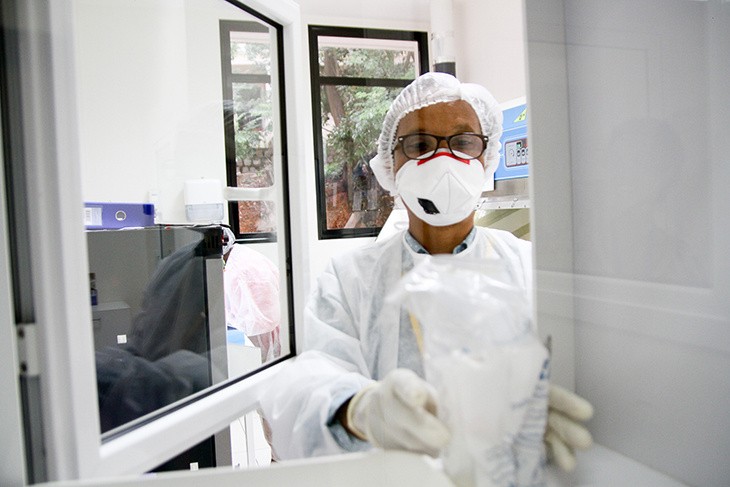
China recently shocked the world after health officials in Beijing confirmed two new cases of pneumonic plague -- a condition akin to Bubonic plague that killed almost half of the global population during the Medieval era.
However, what the world might not know is the plague is not completely eradicated. In fact, in May, a Mongolian couple died from Bubonic plague after consuming raw kidney.
The World Health Organization also declared it as a re-emerging disease, after at least 3,300 cases with at least 600 deaths were reported between 2010 to 2015. The plague is actually prevalent in the Democratic Republic of Congo, Madagascar, and Peru.
What is the Plague?
According to WHO, plague is an infectious disease caused by the bacteria Yersinia pestis that usually inhibits fleas or smaller mammals like rodents. It can be transferred to humans through flea bites and direct contact with infected animals. It is also a communicable disease, so you might get it from the cough of an infected human or even animal.
After three to seven days of incubation, infected people will experience flu-like symptoms like fever, joint pains, lethargy, and vomiting.
The plague has three forms which vary from the route of infection. Bubonic plague, the variant that has played a huge mark on human history, is characterized by swollen lymph nodes. The patients of septicemic plague, on the other hand, would have an infection in their blood. Lastly, if the bacteria settle in the lungs, it is categorized as pneumonic plague, and according to the WHO, it is the rarest and the most damaging.
How to Avoid the Plague?
The plague is curable with antibiotics, but medical care must be given immediately to avoid serious complications. The effectivity of antibiotics has decreased over time due to misuse and abuse, and there are no available vaccines yet. So prevention might be the topmost priority.
The US Centers for Disease Control and Prevention has posted some preventive measures. These include:
Making you home "rodent-free". Destroy their habitats like junk and cluttered firewood and their possible food source.
Wear protective gear like gloves when handling potentially-infected animals, including your pets. If you found dead wild animals, call the local health department to dispose of it.
Use insect repellent during outside activities like camping and hiking, where you might get in contact with fleas. You might also apply lotions that contain DEET, an insect-repellent ingredient.
Do not let your pets roam free especially on areas where they can get in contact with wild and flea-infested animals.
If you suspect that your pets go infected, seek veterinary care immediately. Do not sleep with them or let them in your bed, as the fleas might transfer to you.
Additionally, the CDC also said that a plague outbreak usually occurs during "epizootic" or a period when there are many rodents that suddenly die. The death of their hosts would prompt the fleas to jump to another unsuspecting victim, which could be another animal or a human, to feed on their blood.
In the southwestern US, epizootics usually happen during cooler summer that follows wet winters.
© 2026 NatureWorldNews.com All rights reserved. Do not reproduce without permission.





